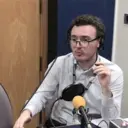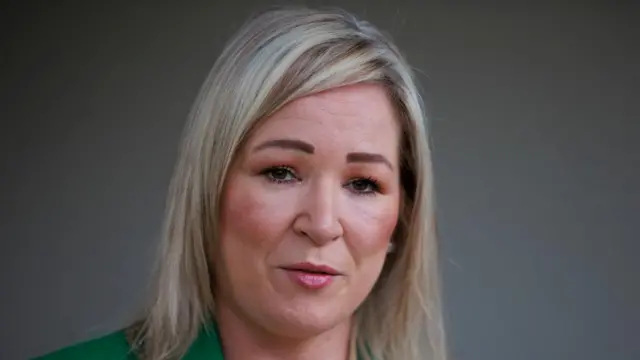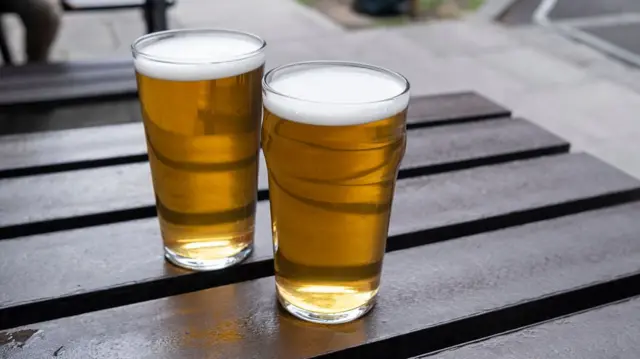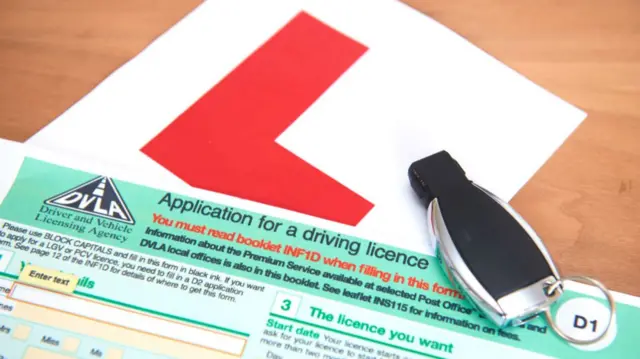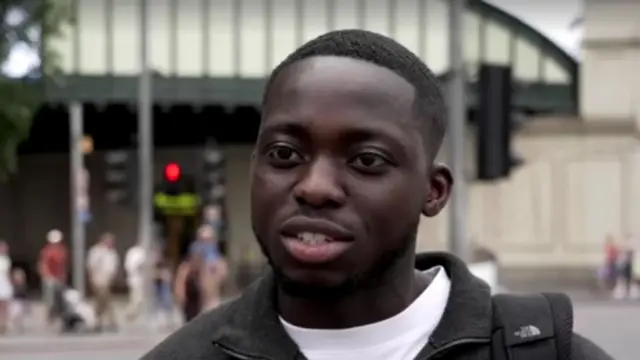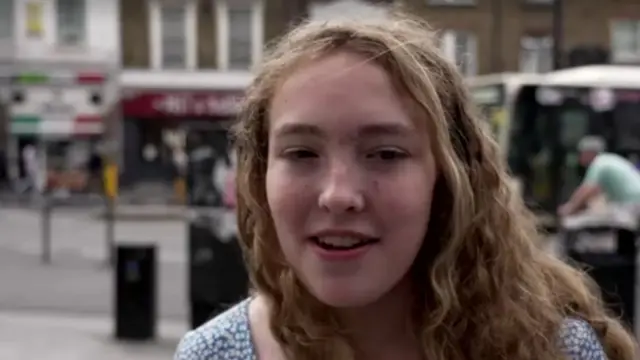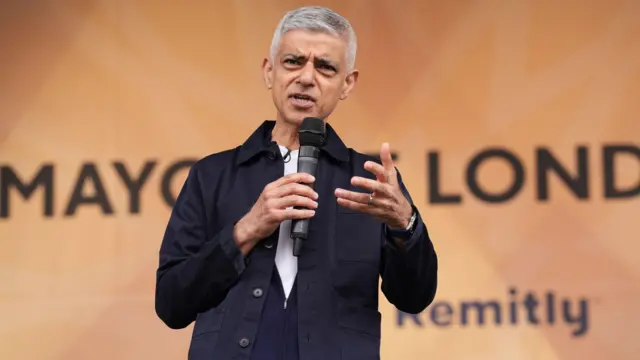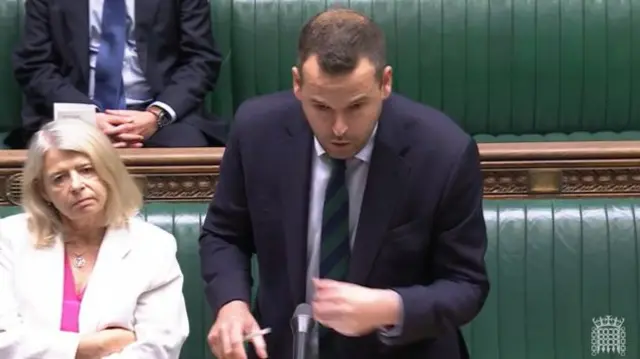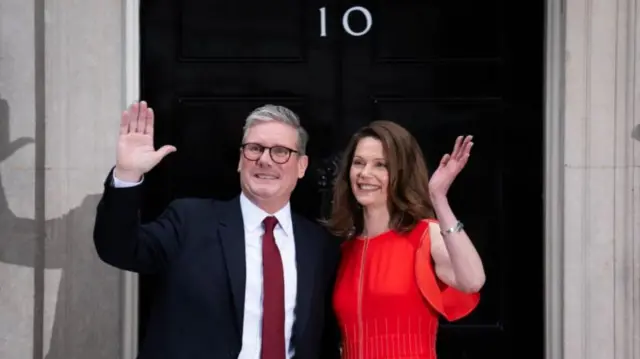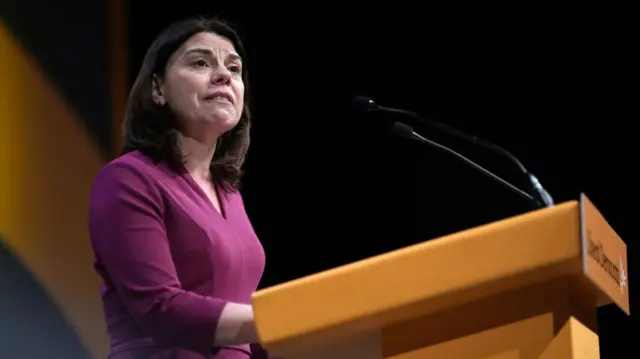Scottish leader says the 'UK is finally catching up'published at 14:38 BST 17 July
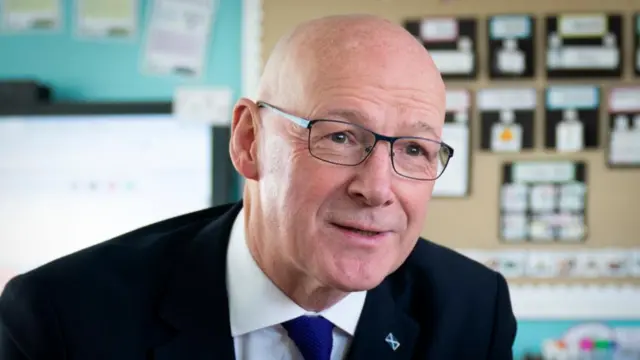 Image source, PA Media
Image source, PA Media"The UK is finally catching up," Scottish First Minister John Swinney says, reacting to the news of the voting age changes.
In a post on X, he writes: "Over a decade ago, I was proud to introduce the bill that gave 16 and 17-year-olds the vote in Scottish elections.
"Young people here have a stake in shaping our future, and it made Scotland’s democracy stronger."


